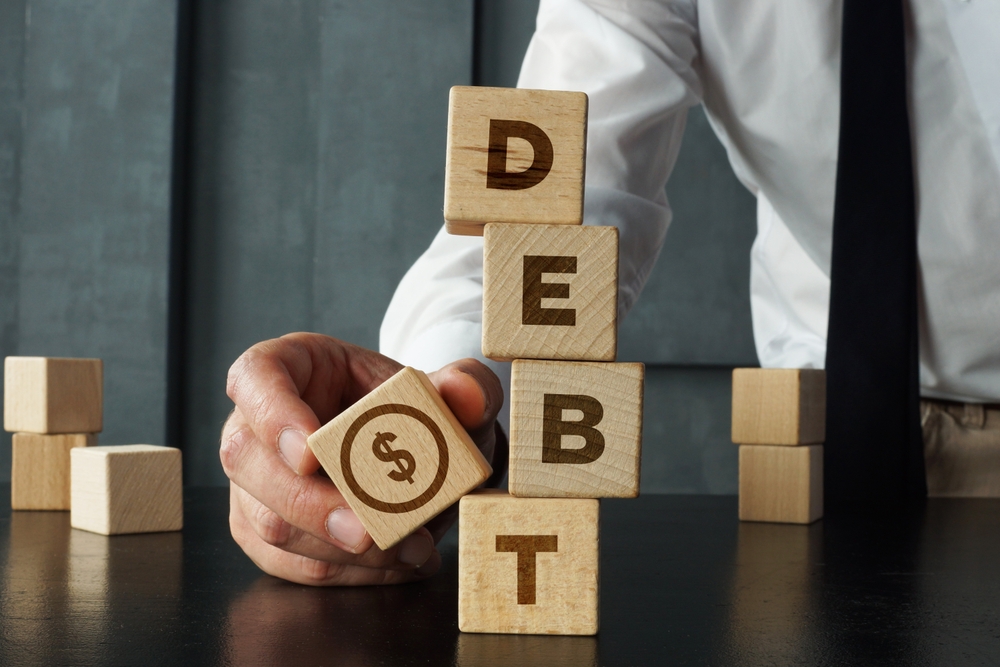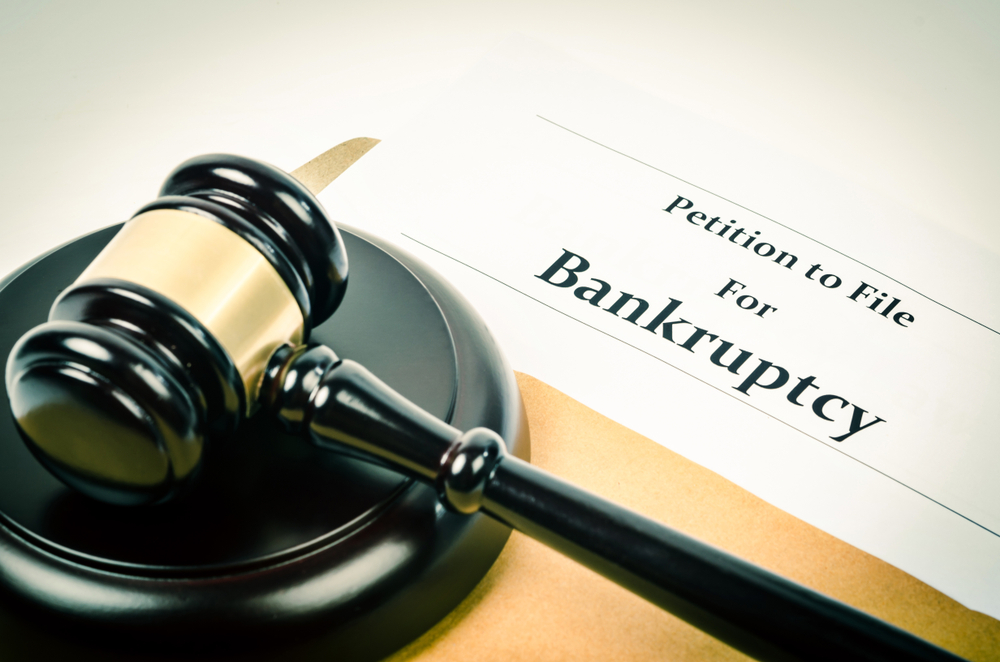Are you drowning in debt and unsure of which path to take? When it comes to resolving financial difficulties, two popular options are bankruptcy and debt consolidation. Both options have their pros and cons, and it’s essential to understand them before making a decision.

What is Bankruptcy?
Bankruptcy is a legal process that allows individuals or businesses to eliminate or repay their debts under the protection of the court. It provides an opportunity for a fresh start by wiping out most, if not all, of your debts. However, it also comes with significant consequences, such as a negative impact on your credit score and the potential loss of assets.
Related: “Types of Bankruptcy in California”
What is Debt Consolidation?
On the other hand, debt consolidation involves combining multiple debts into one loan, often with a lower interest rate. This allows you to make a single monthly payment instead of managing multiple payments to different creditors. Debt consolidation can simplify your financial situation and potentially save you money in interest payments. However, it’s important to note that it doesn’t eliminate your debt but rather restructures it.

How Bankruptcy and Debt Consolidation Affects Your Credit Score
Bankruptcy and debt consolidation can have a significant impact on your credit score. When you file for bankruptcy, it stays on your credit report for up to 10 years, which can make it difficult to obtain new credit or loans during that time. It is important to note that bankruptcy can lower your credit score by a significant amount, as it is seen as a negative event by lenders.
On the other hand, debt consolidation can have a positive effect on your credit score if managed properly. By consolidating your debts into one loan, you can simplify your payments and potentially lower your interest rates. This can help you make consistent payments, which is a factor that positively affects your credit score. However, it is important to make all your payments on time and avoid taking on new debt while going through debt consolidation to see the full benefits on your credit score.
Which is the Better Option?
If you have the option, debt consolidation is always a preferable choice over bankruptcy. Debt consolidation becomes feasible when you meet the criteria to qualify for a new loan or credit card account that you can utilize to repay your higher-interest debts. However, if debt consolidation is not a viable solution for you, then bankruptcy may be the best option available.
Ultimately, the decision between bankruptcy and debt consolidation should be based on a thorough evaluation of the individual’s or business’s financial situation, goals, and long-term plans. Consulting with a financial advisor or bankruptcy attorney can provide valuable insights and guidance in making this decision.
Related: “Top Reasons to Hire a Bankruptcy Lawyer”
Get In Touch With Us
If you’re unsure which option is right for you, consult with Family Law Richard E. Young & Associates! We specialize in bankruptcy law and will provide personalized guidance based on your unique financial situation. Contact us at (949) 951-9529 or visit our website at richardeyoungattorney.net to schedule a consultation. Let us help you find the best solution to regain control of your finances and start a fresh chapter in your life.



